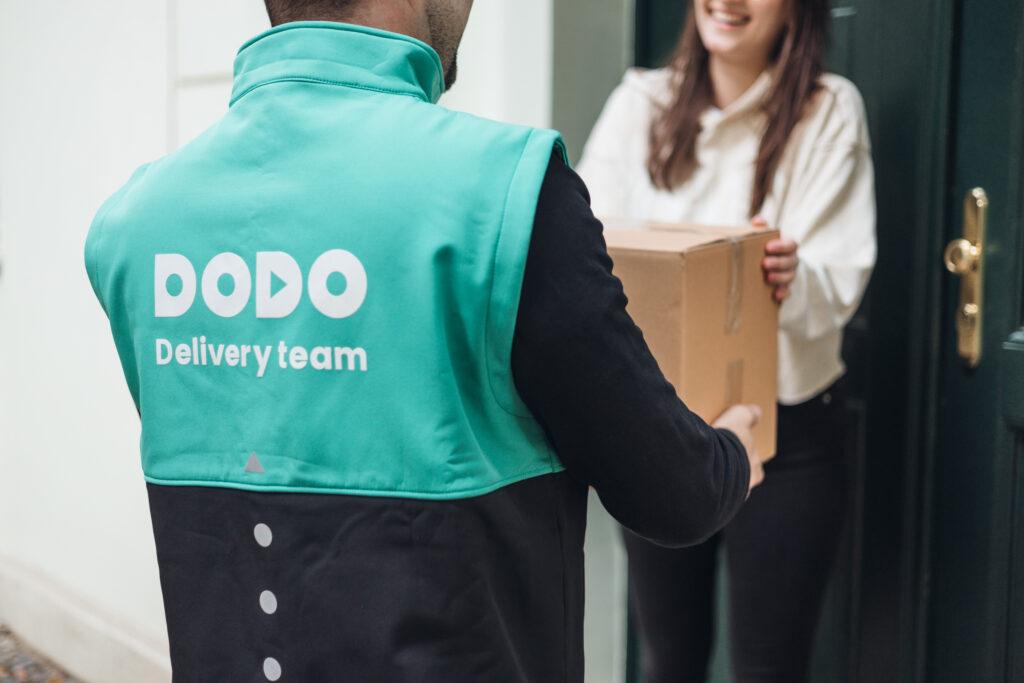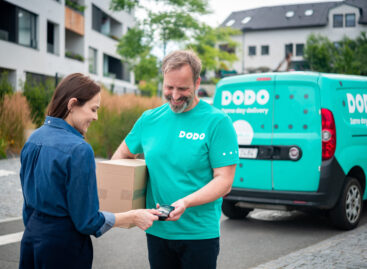The rise and fall of ultra-fast delivery: speed alone is no longer enough
Fast trade, which promises the immediate delivery of food and other commercial products, became a guiding trend in 2020, but has already reached the limits of its development today. According to Peter Menky, the global commercial director of the smart logistics company DODO, companies based solely on the ultra-fast delivery model are now operating at a loss and in a commercially unsustainable manner. The expert in sustainable urban logistics presents the path that led to this point through the example of major European players.

During the pandemic, investors poured millions of dollars into what was considered to be the most promising commercial sector at the time, ultra-fast delivery, or fast-paced commerce. The actors of the newly formed sector soon represented an exceptionally high market value, as both businessmen and customers were attracted by the possibility of a world where practically any order could be received within minutes. However, as is often the case, the economic realities soon hindered the tempting ideas.
The rise and fall of Gorillas and Getir
As a result of the pandemic, many sectors in the international market collapsed, and quite a few unexpectedly exploded. The conditions provided a fertile environment for the rapid growth of instant home delivery services, however, the economic factors following the epidemic were less favorable. A good example of this is the service provider Gorillas, which was forced to withdraw from most markets, and was saved from insolvency by the Turkish company Getir. In a twist of fate, after acquiring Gorillas, Getir soon met a similar fate: after founding the company, they raised an impressive $2.3 billion in investment, but now they are pulling out of Europe, just a year after spending $1.2 million on to acquire German competitor Gorillas.
Related news
Related news
Innovations, success stories and awards on the same stage
🎧 Hallgasd a cikket: Lejátszás Szünet Folytatás Leállítás Nyelv: Auto…
Read more >Farewell day at the 60th anniversary EuroShop trade fair
🎧 Hallgasd a cikket: Lejátszás Szünet Folytatás Leállítás Nyelv: Auto…
Read more >NAV: Women’s Day inspections begin
🎧 Hallgasd a cikket: Lejátszás Szünet Folytatás Leállítás Nyelv: Auto…
Read more >








